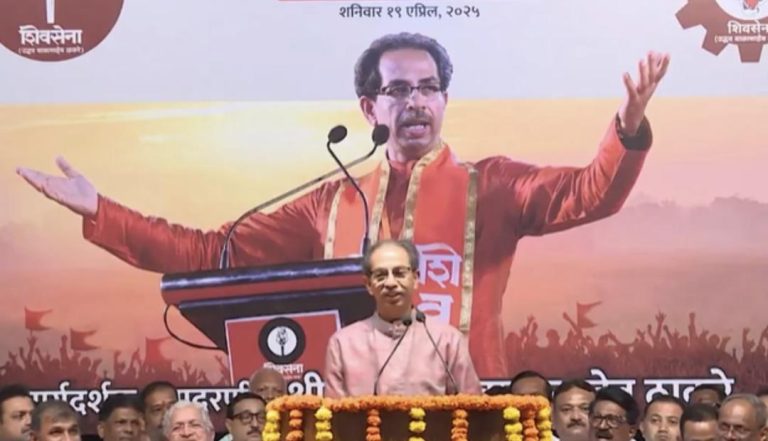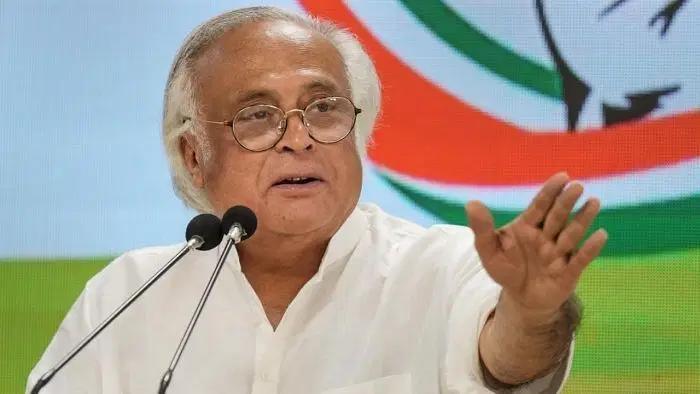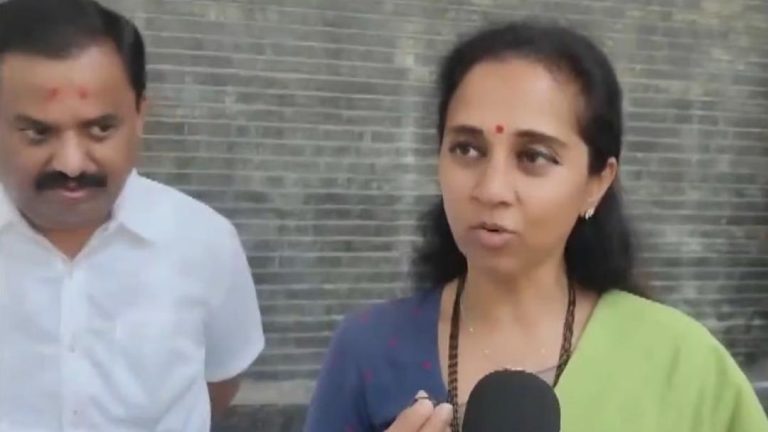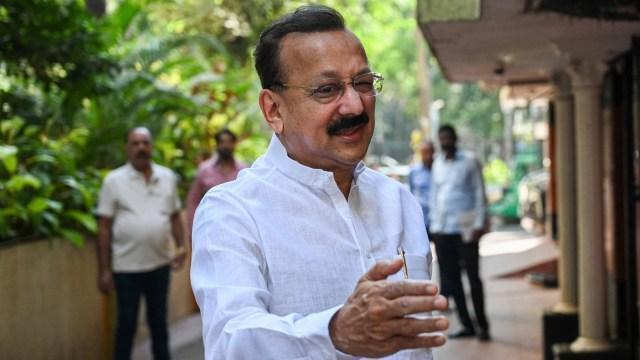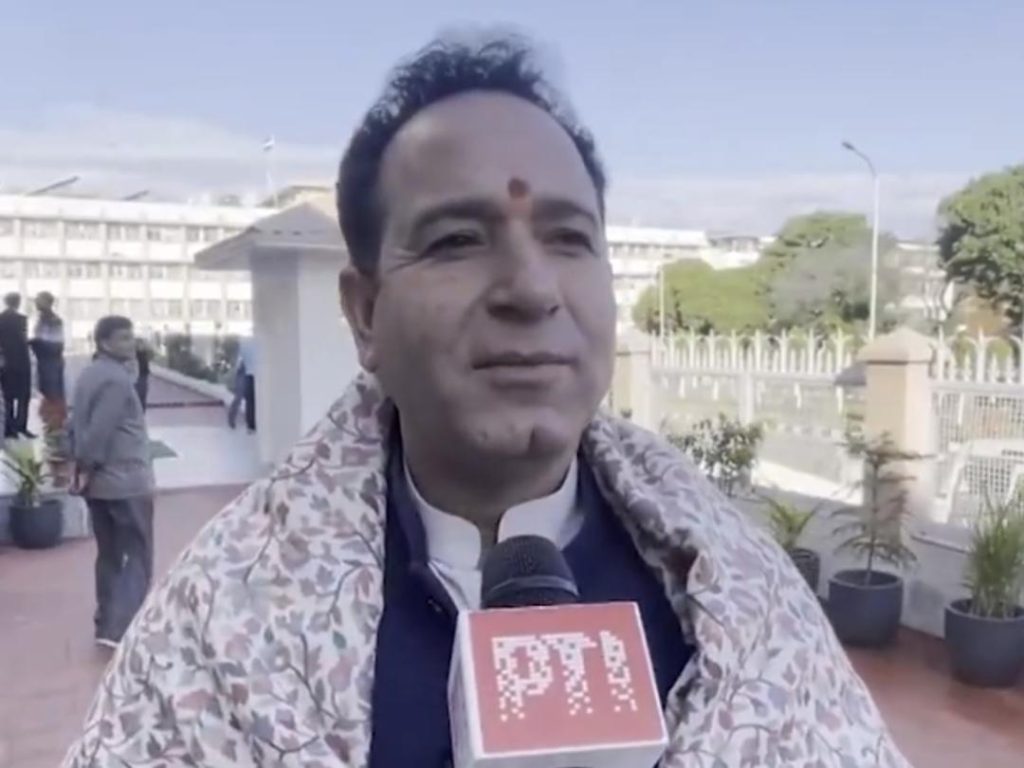
Title: Irrelevant to Discuss Article 370 in J&K Assembly Session: BJP
The ongoing Jammu and Kashmir Assembly session has sparked a heated debate among political leaders, with the BJP MLA and Leader of Opposition, Sunil Sharma, recently stating that it is “irrelevant now” to discuss Article 370 in the assembly. Sharma’s comments come as a surprise, considering the significant controversy surrounding the contentious issue.
Article 370, which granted special status to Jammu and Kashmir, was repealed by the Indian government in August 2019. The move was met with widespread protests and violence in the region, with many residents demanding the restoration of the provision. However, Sharma’s assertion that discussing Article 370 in the assembly would be a waste of time has sparked a mixed reaction among political leaders and citizens alike.
According to Sharma, the J&K LG Manoj Sinha’s assembly address did not reflect the promises made by the state’s present government. He claimed that the LG’s speech failed to address the concerns of the people, particularly those related to employment, infrastructure development, and governance. Sharma’s remarks have been seen as a criticism of the LG’s administration, which has been under fire for its handling of various issues in the region.
While Sharma’s stance may have surprised many, it is not the first time that the BJP has downplayed the importance of Article 370. In the past, the party has maintained that the provision was a hindrance to the development of the region and that its repeal was necessary for the growth of the state. However, the move has been widely criticized, with many arguing that it has led to a loss of autonomy and a decline in the region’s economic and cultural identity.
Despite Sharma’s assertion that discussing Article 370 is irrelevant, the issue remains a highly emotive and contentious one in Jammu and Kashmir. Many residents continue to demand the restoration of the provision, which they see as essential for the preservation of their cultural and religious identity. The controversy surrounding Article 370 has also led to a deepening of political divisions in the region, with many accusing the BJP of trying to impose its ideology on the people of Jammu and Kashmir.
In recent years, the BJP has faced criticism for its handling of various issues in the region, including the repeal of Article 370. The party has been accused of trying to impose its own ideology on the people of Jammu and Kashmir, which has led to widespread resentment and anger. Sharma’s comments have been seen as a reflection of the party’s continued efforts to downplay the controversy surrounding Article 370.
However, not everyone agrees with Sharma’s stance. Many political leaders and citizens have criticized the BJP for its handling of the issue, arguing that it has led to a decline in the region’s autonomy and a loss of cultural identity. The controversy surrounding Article 370 has also led to a deepening of political divisions in the region, with many accusing the BJP of trying to impose its ideology on the people of Jammu and Kashmir.
Despite the controversy surrounding Article 370, the Jammu and Kashmir Assembly session is expected to continue, with many important issues on the agenda. The session is likely to focus on various issues, including the state’s budget, employment opportunities, and infrastructure development. Sharma’s comments may have sparked a heated debate, but the real challenge for the state’s political leaders is to address the concerns of the people and work towards the development of the region.
In conclusion, Sharma’s assertion that discussing Article 370 in the Jammu and Kashmir Assembly is irrelevant has sparked a heated debate among political leaders and citizens alike. While the issue remains a contentious one, it is clear that the controversy surrounding Article 370 has far-reaching implications for the region’s cultural identity, economic development, and political stability. As the Jammu and Kashmir Assembly session continues, it remains to be seen how the state’s political leaders will address the concerns of the people and work towards the development of the region.



